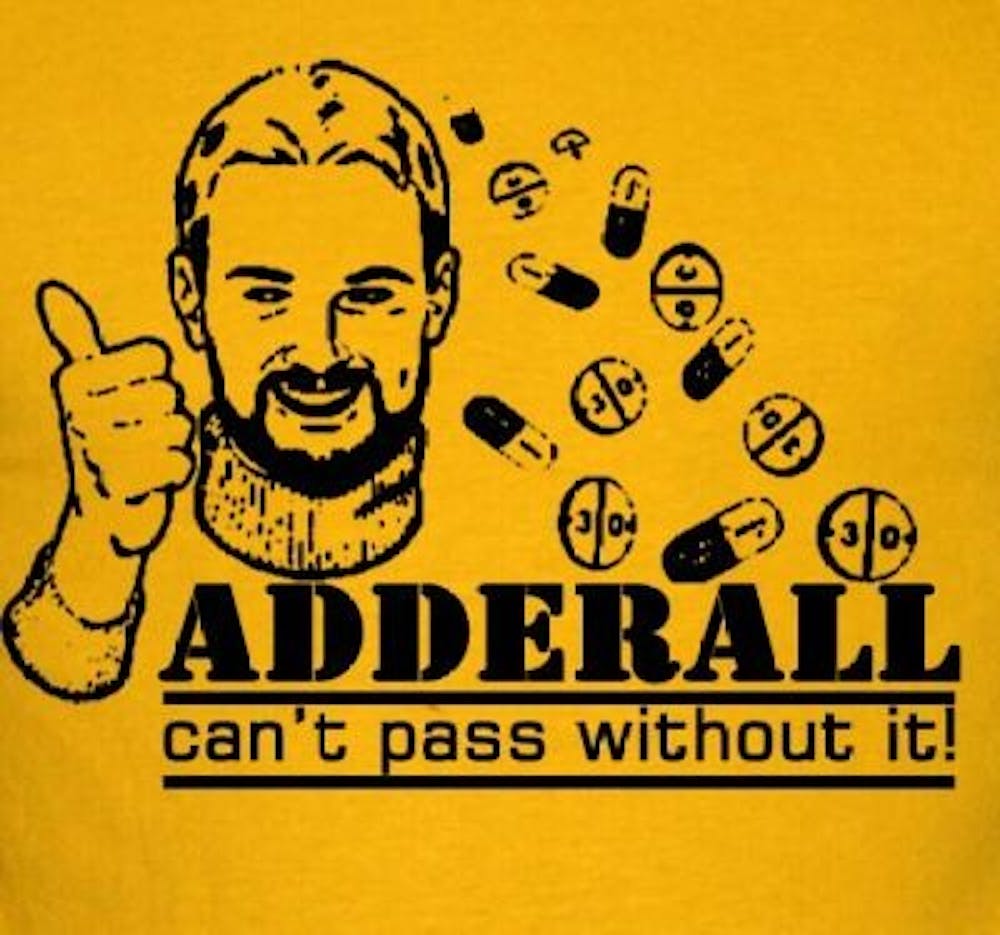Adderall Might Not Work As Well As You Think


Getting your grades back and wondering what went wrong? Poppin' bottles of addy and still not getting that coveted A? Maybe it's because the pillz don't work as well as we all think they do.
A new study, done here at Penn by homegirl Dr. Martha J. Farah, was cited in The Daily Beast showing that among subjects who took Adderall (versus a placebo), "no overall statistically significant improvement or impairment was seen as a result of taking Adderall." What's interesting is that they were "significantly more likely to report that the pill had caused them to do a better job."
Adderall releases dopamine, which makes you feel better about what you're doing and triggers your brain's "reward system." While you may not actually be learning more or performing better, it's easier to get through dry or boring material because you think you're enjoying it or being productive. And that's a lot harder to test scientifically.
Farah's new study focuses in on the gap between what the subjects have achieved versus what they think they've achieved. This illusory feeling of benefit is an important finding in its own right. It stands independently from the complicating questions of how, precisely, Adderall lends a hand to those who are taking it nonmedically.
Interestingly, when Farah set out to investigate the effects of smart pills like Adderall, she wasn't wondering if they worked. "I assumed they did," she said. Now, she said, "There's a huge, obvious empirical question here: Are they really helping?"Check your transcript and find out.